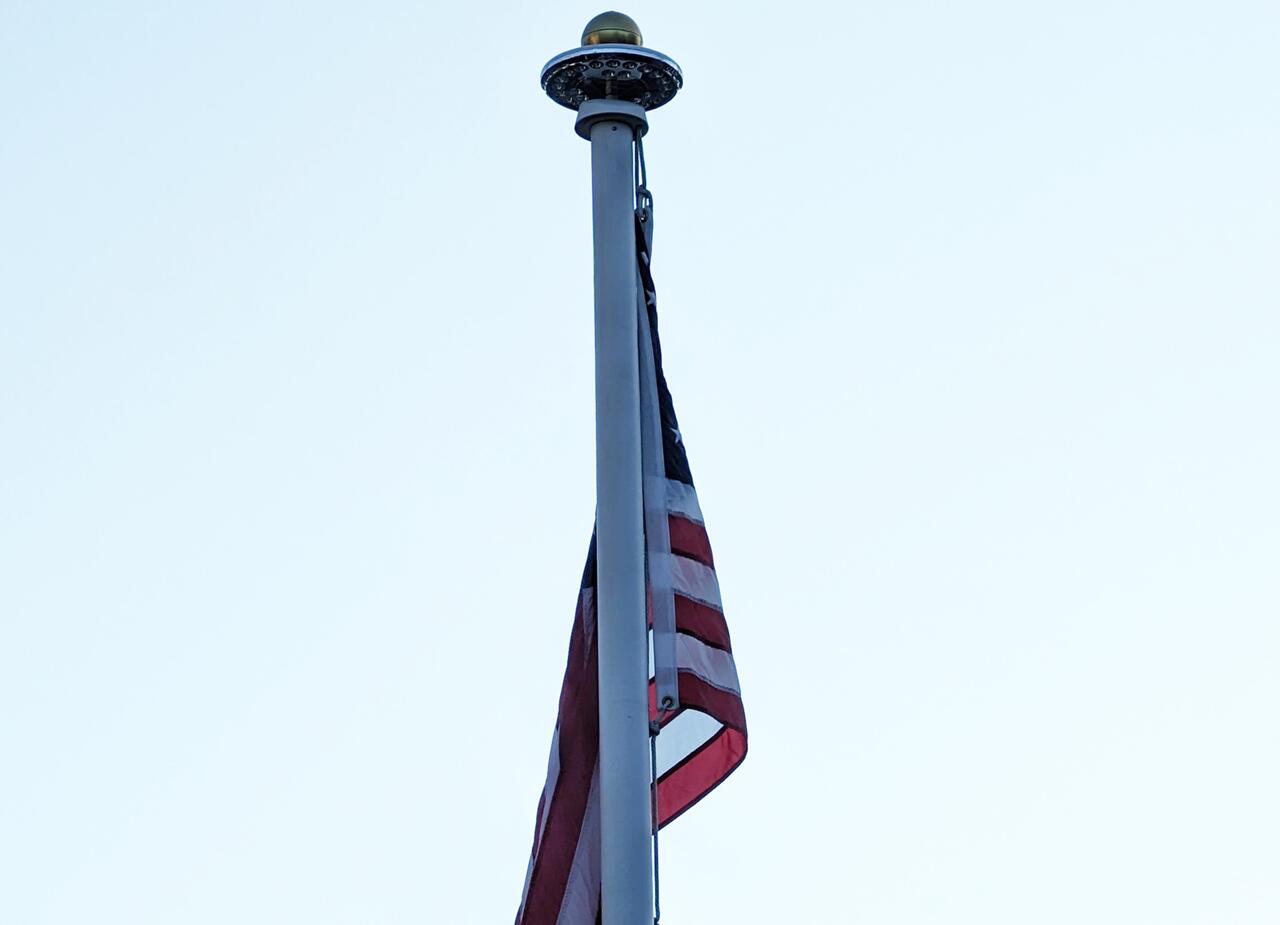To some extent, this article shows that the US is not yet completely lost for the purpose of individual freedom. This said, as for democracy, it is more and more empty words and shenanigan. Freedom from the state is not a right but something that must be fought for and maintained thereafter. Long periods of peace make people weak and complacent. The enlightenment of the late 17th century was a fight to wield power away from the monarch to the people or their representatives. Quickly these representatives represented only the most wealthy segment of the population becoming the new aristocracy: The capitalists and robber barons of the 19C. The oil based prosperity of the 20C re-balanced the power towards the people thanks to higher salaries giving rise to the middle class of the 1960s and 1970s although most of the gains were rolled back during the "free market" revolution of the 1980s and 1990s.
The 21C started with a bang literally on 9/11 in New York and the Patriot Act completely dismantled the rights of the average American. It took a little longer in Europe but eventually, law after law, individual freedoms were rolled back one at a time. What's left now is the right to anonymity, movement and communication. These rights will probably not survive the 2020s.
I find it amazing to remember that one of the grievances of the French Revolution was the ability of the King to open your mail. Today you would probably need to send a rather highly encoded mail to make sure that the NSA or other such agencies in the world can't read your message. 200 years for nothing?
Authored by Bob Goodlatte & Mark Udall via RealClear Wire,
When the U.S. House passed the Reforming Intelligence and Securing America Act (RISAA), which reauthorizes the FISA Section 702 surveillance authority, it overlooked something big – an amendment that would drive the greatest expansion of government surveillance authority in recent history. The Senate has time to correct this and restore balance between the needs of national security and the safeguarding of Americans’ civil liberties.
Section 702 of the Foreign Intelligence Surveillance Act is a legal authority enacted by Congress to enable the surveillance of foreign threats located abroad. But it has increasingly become a means of surveilling Americans located within the United States whose communications are often caught up in the government’s global trawl of data. Section 702 authority has been used millions of times in recent years to query, or target, Americans’ communications. In the House, reformers proposed an amendment to add a warrant requirement before the government can query a U.S. person’s data. That amendment, which failed in a tie vote, was the primary focus of debate on the bill.
As RISAA comes to the Senate, attention is now being cast on another amendment – one from the House Permanent Select Committee on Intelligence (HPSCI) that many have come to call the “Everyone’s a Spy” provision. This measure was portrayed as a “narrow” definitional change to the law concerning electronic communications service providers – big telecom and Internet companies – which obligated them to cooperate with NSA surveillance. These big companies can be compelled to spy for the government, and then be subject to gag orders, forbidding them from telling customers they have been surveilled.
The new expanded definition of the Everyone’s a Spy provision is much broader than what many members of Congress thought. It would give the government the right to similarly compel millions of small businesses that provide Wi-Fi, or have access to routers or other ordinary communications equipment, to act as the government’s partners in surveillance. They, too, would be bound not to tell their customers about this surveillance.
The HPSCI amendment achieves this by including any service provider who has access to equipment that transmits communications. After critics complained that digital loungers in hotel lobbies and coffeehouses would have their data hoovered up by the government, the authors of this amendment provided carve-outs for hotels, restaurants, dwellings, and community centers. This was a good PR move. But this measure still applies to most everyone – owners and operators of any facilities (other than the exempted categories) that house equipment used to store or carry data.
If this became law, millions of American small business owners would have a legal obligation to hand over data that runs through their equipment. These small businesses could be forced to give the NSA direct access to their equipment, or else they might just copy messages en masse and turn them over. And when they’re done with doing their part in mass surveillance, these small businesses would then be placed under a gag order to hide their activities from their customers.
Small businesses are just waking up to what is about to be done to them by the Everyone’s a Spy amendment. Customers are sure to be outraged when they learn that the businesses they patronize are potentially spying on them. All U.S. business might suffer, as this law is sure to also widen the wedge between the United States and European Union on the contentious issue of spying and data privacy. Meanwhile, U.S. consumers and businesses would have no legal way to resist these intrusions. It is easy to see why Sen. Ron Wyden of Oregon (pictured) calls this expansion of government surveillance “terrifying.”
The intelligence community is pressing the Senate to act before this authority lapses on April 19. But the agencies have already secured permission from the FISA Court to continue conducting Section 702 surveillance in its current form until April 2025. So the Senate has plenty of time to act with deliberation. It can boldly strike this toxic Everyone’s a Spy amendment. And considering the popularity of adding a warrant requirement for searching for and accessing Americans’ communications caught up in Section 702 databases, it should do that as well.

No comments:
Post a Comment